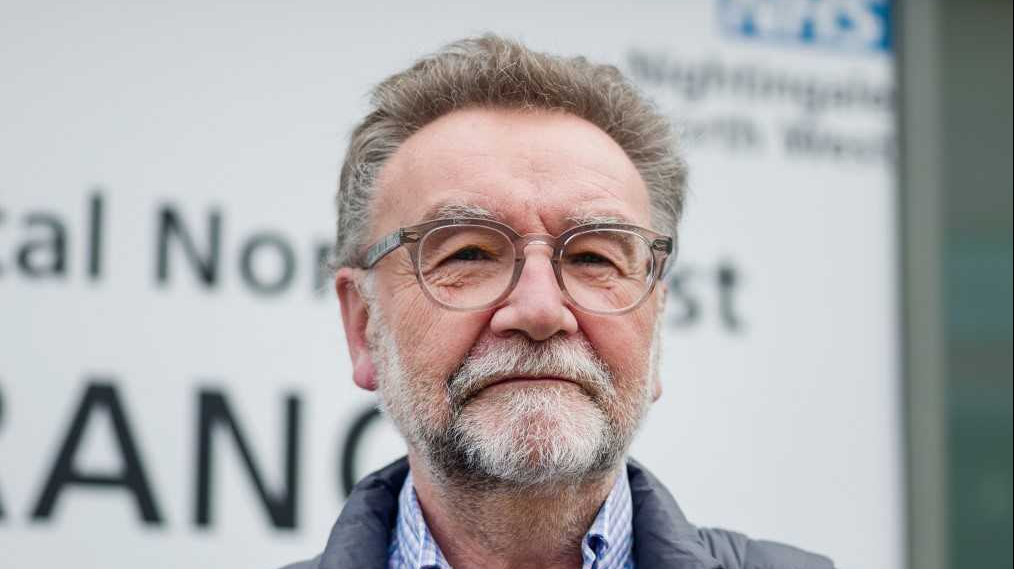
How are life-or-death choices made in the heat of the moment? What are the consequences of your action, or inaction? Is it better at times to do nothing? How do you live with yourself if you want to help, but can’t?
These are the questions UK-Med’s founder Professor Tony Redmond OBE poses in his upcoming memoir, Frontline: How to Save Lives in War, Disaster and Disease, which will be published later this week.
Tony is a registered specialist in emergency medicine, the co-founder and co-director of the University’s Humanitarian Conflict Response Institute (HCRI), and founder of UK-Med. His story is one of tireless hard work and astonishing bravery across wars, refugee crises, air crashes, earthquakes, typhoons, volcanoes, and disease outbreaks for over thirty years.
Without Tony, there would be no UK-Med
UK-Med developed out of the South Manchester Accident Rescue Team (SMART); a local medical team, acting in support of the rescue and ambulance services in Manchester, which Tony founded when he was working as an Accident and Emergency Consultant in busy South Manchester hospitals in the 1980s. When a huge earthquake struck Armenia in 1988, Tony led a response to help. This would be the start of UK-Med’s international responses.
After thirty years responding to emergencies overseas, last year Tony and UK-Med were called to help here at home:
“In March 2020, as COVID-19 ravaged the country, I was proud to support our skilled and dedicated NHS colleagues by taking on the role of Medical Director as part of the team building the NHS Nightingale Hospital North West.
I was joined by UK-Med colleagues and we managed to set up and open a field hospital at the Manchester Central Convention Complex to care for some of the region’s COVID-19 patients within 14 days.
The hospital was an insurance policy and thankfully only some of its potential capacity was required. It did though serve to decompress acute hospitals in the region and was reconfigured later in the year to support the rehabilitation of patients.
I’ve always known that the team members who respond with us bring so much back to their clinical role in the UK – but the COVID-19 pandemic threw this into sharper focus. Health is a human right and the bedrock of peace and prosperity. In this interconnected world our health is not only dependent on what is happening in our own country but what is happening elsewhere. A global outlook is vital to the wellbeing of everyone, everywhere.
I want to acknowledge the new generation who have picked up the baton and are now running with it faster and longer than I ever could, especially by colleagues at UK-Med, ably led by David Wightwick – and the Humanitarian and Conflict Response Institute.
Now seems a fitting moment to start the search for the next Chair of the Board of UK-Med, as I work towards retiring from the role in mid-2022. I will continue to support the life-saving work of the charity I founded, as we work towards a world where everyone has they healthcare they need when disasters hit.”
Our CEO David Wightwick pays tribute to Tony’s incredible work:
“Tony has made a huge contribution to international aid and emergency medicine globally and many of the founding principles UK-Med remain core to our work today.
Both Tony and I share the belief that people should get the best quality healthcare wherever they are and whatever twist of fate has meant their life has been impacted by disaster. His efforts to promote evidence-based practice to improve care for patients, and ensuring aid organisations adhere to high standards, are central to our ethos.
Out of the tragedy of the earthquake in Haiti in 2010, the World Health Organisation (WHO) International Emergency Medical Teams (EMT) initiative was born, championed by Tony.
The WHO EMT initiative ensures that teams that respond following disasters or outbreaks are well trained, self-sufficient, and have the skills and equipment to respond effectively rather than risking imposing an additional burden on the national system. They are rigorously verified by the WHO to establish standards, meaning governments requesting support following disasters can be reassured they’re receiving high-quality support and in time to make a difference. This approach is fundamental to how UK-Med operates today.
The on-call approach Tony pioneered with SMART is still alive today. Our register of nearly 1000 doctors, nurses and allied health professionals from all specialities brings together a unique mix of top NHS clinicians, experienced aid workers, and local expertise.
These dedicated members stand ready to respond and lend their skills and expertise generously. We hugely appreciate the personal sacrifice, flexibility and determination they show to ensure people affected by disease outbreaks, disasters and war get the healthcare they need. We couldn’t do our work without their continued commitment and unwavering support.
We are proud to continue the academic links that Tony established through our important partnerships with the Humanitarian and Conflict Response Institute at the University of Manchester and The Faculty of Remote, Rural and Humanitarian Healthcare at the Royal College of Surgeons of Edinburgh.
These collaborations underpin the need for the aid system to become more effective and better informed to keep pace with the scale of the challenge the world faces.
Tony, thank you for everything you have done, continue to do and will do in the future to support UK-Med.”
Tony’s book will be published this Thursday 16th September and is available at all good booksellers, including E J Morten Booksellers in Didsbury, where an evening with Tony will be hosted on 28th September. You can reserve your ticket here.
This December, UK-Med will be holding a special event to celebrate Tony’s work – with more details to be shared soon!
Hear an excerpt from the book’s publishers, HarperNorth, below:
If you’re a Netgalley user, you can now request Tony Redmond’s Frontline in both digital format AND audiobook.
In this exclusive extract, Tony talks about experience of being the doctor-in-charge after the Lockerbie bombing and arriving at the distressing scene: pic.twitter.com/c8PpU2o6v8— HarperNorth (@HarperNorthUK) September 10, 2021
“A brilliant insight into the too often forgotten heroes at the sharp end of humanitarian emergencies.” - Jon Snow, Channel 4 News


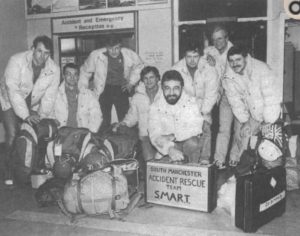

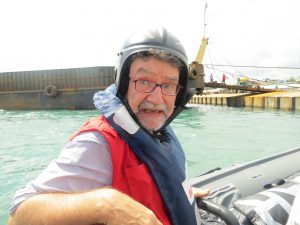
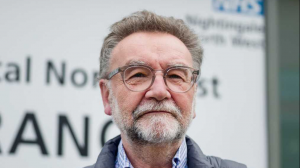
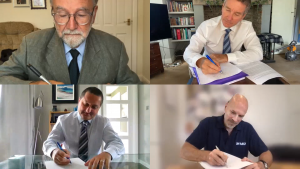

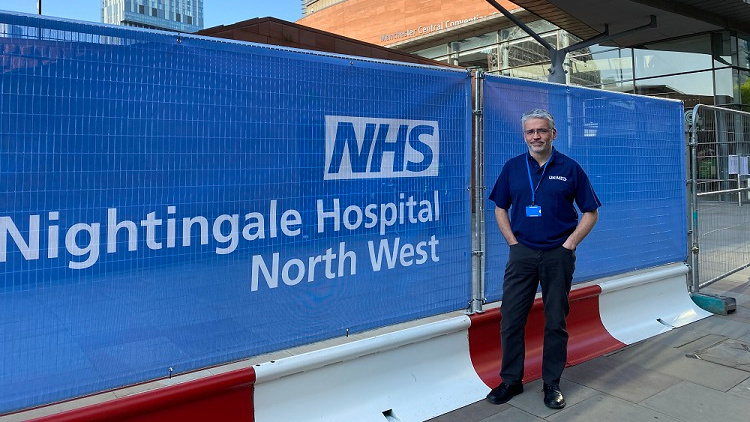
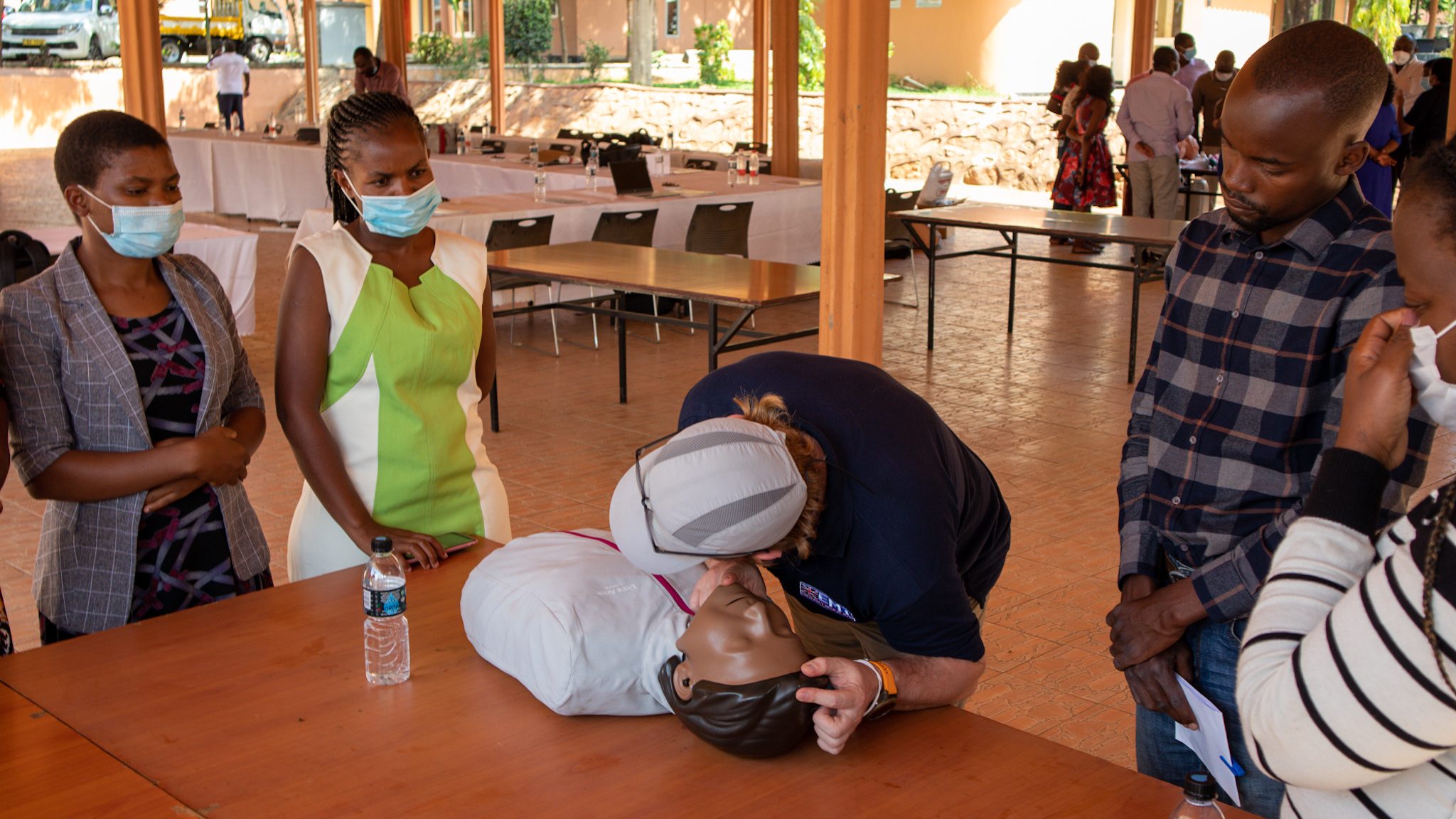
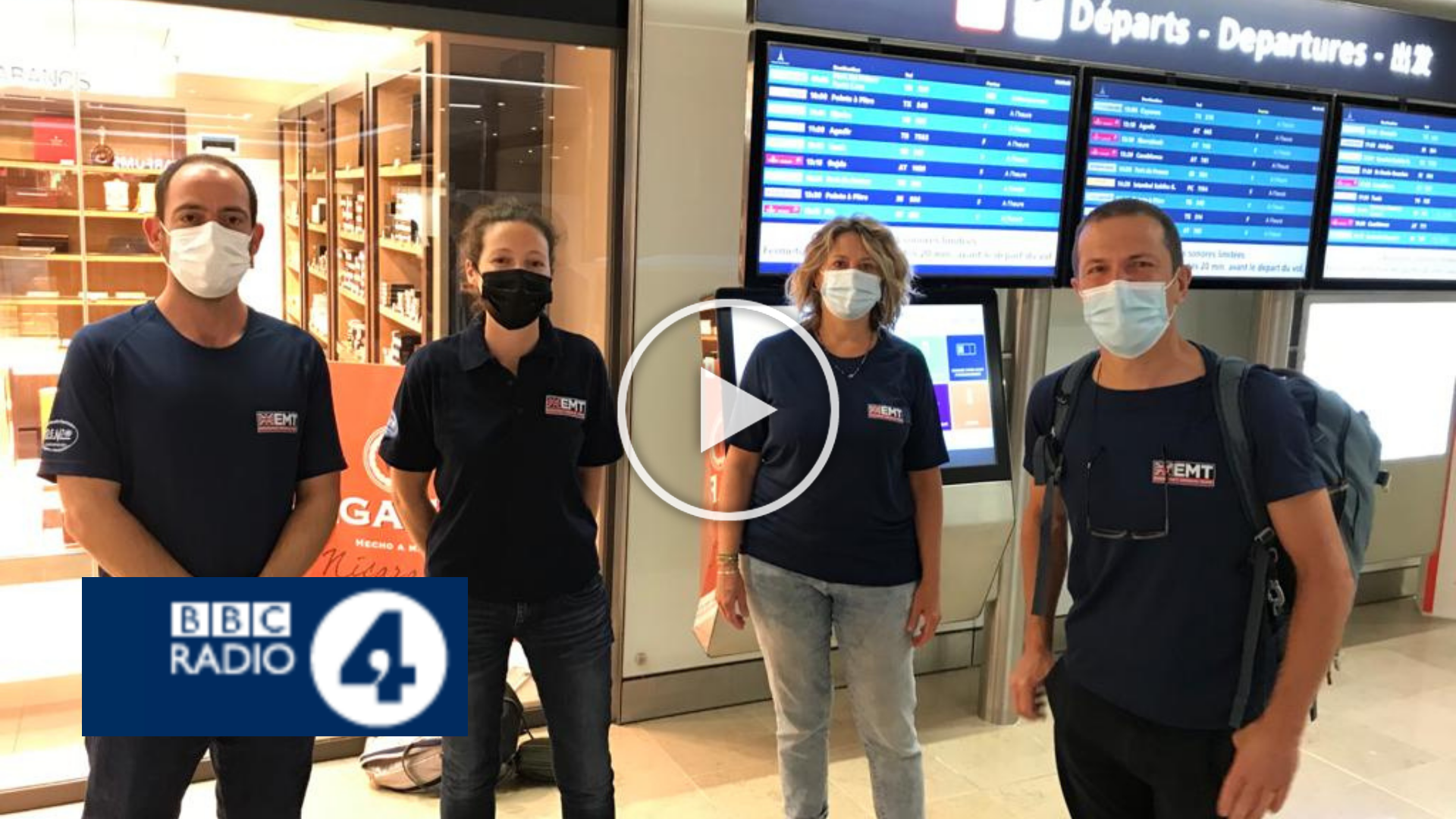
No Comments